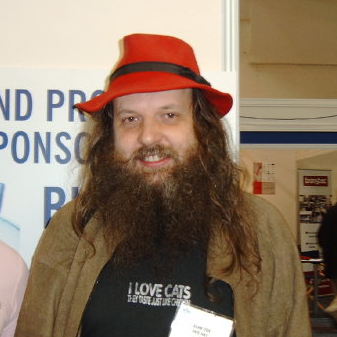
After Linus Torvald’s outright rejection of the third revision of the General Public License (GPL) last week, it appears that Alan Cox, the Linux kernel’s unofficial number two man, remains open-minded, sticking by his wait-and-see approach to the revision which will be open to public discussion for most of 2006. Cox spoke recently with ZDNet UK, and his comments to them are similar to those he made in the Linux Kernel Mailing List (LKML) thread that brought Linus’s misgivings about the new version to the public’s attention.
CNET today quotes Cox as saying, “The majority of it looks very sensible… Some of the more contentious stuff has sensibly been made optional.” Coupled with what he said initially on LMKL, “What finally happens is going to depend almost entirely on whether the GPL v3 is a sane license or not and on consensus, and it is *way* too early to figure that out,” it seems as though he’s leaning favorably towards the revision, but the jury will be out until much later in the year.
Today’s CNET article contains a few new Cox quotes, but does not provide any additional insight into the deal breakers brought up by Torvalds including the publishing of signing keys and tracking down every contributor to the kernel to obtain permission to upgrade the license of their code. Interestingly, the article ends by stating that Cox is not concerned about the Digital Rights Management (DRM) provisions of the new revision which have been assumed to be another reason for Torvald’s rejection.
GPLv3 will remain open for public debate, and a second discussion draft will be published by the Free Software Foundation (FSF) in the coming months. So far their initial plans for retuning the license seem to be a success. The comments and ensuing debate have been thoughtful and spirited. What remains to be seen is who has the most clout in the end when it comes to tweaking the final wording of the license.
